Mozambique: Rita Freitas ceases duties as Inspector General of INAE
Japan has invested US$1.6 billion in Mozambique in the last 20 years
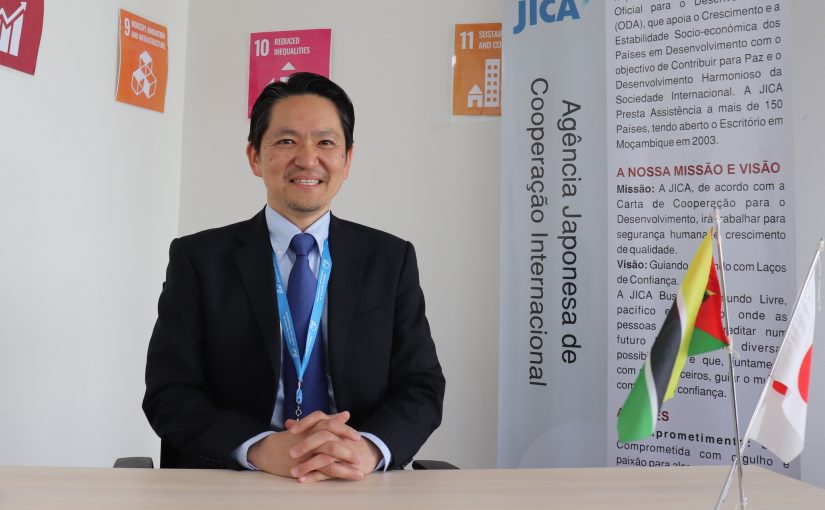
FILE - For illustration purposes only. [File photo: JICA Mozambique]
The centuries-long history of cooperation between Mozambique and Japan has deep roots in the history of both countries. However, proximity, particularly economic, has increased over the last 20 years, a period in which the Japanese Government has invested around 1.6 billion US dollars in different development projects across the country, with emphasis on infrastructure, agribusiness and even, as is known, natural resources.
In an interview with Diário Económico, the representative of the Japan International Cooperation Agency (JICA) in Mozambique, Otsuka Kazuki, reviews the Japanese presence in the country and puts the evolution of the Japanese commitment to the national economy in perspective.
Japan has funded development projects in Mozambique for years. What have been the supporting pillars of JICA’s cooperation in the country?
Our cooperation with Mozambique is based on two pillars: financial and technical cooperation. In the first, we have the refundable and non-refundable components. The second has to do with training projects and support in establishing regulations for Government institutions as well as for Small and Medium Enterprises (SMEs).
Within the scope of reimbursable cooperation, we invest in large-scale infrastructure, with emphasis on projects for the construction and rehabilitation of ports, power stations and access roads. In non-reimbursable cooperation, projects for the development of small-scale infrastructure stand out. As such, we combine all these systems to meet Mozambique’s needs in ways that improve the lives of rural and urban citizens.
How many and which cooperation projects has JICA financed in the last five years?
Overall, the volume of JICA’s cooperation projects in Mozambique over the last 20 years is estimated at 230 billion yen (equivalent to 104.8 billion meticais, US$1.6 billion). In these last five years, we have been investing in six non-reimbursable financial cooperation projects, six reimbursable cooperation projects and 47 technical cooperation projects.
What has been the impact of this support from Japan to Mozambique?
Mozambique still lacks basic infrastructure to boost development. In this sense, we note that we are bringing changes to the lives of Mozambicans, meeting this need, as is the example of the port of Nacala, whose works are in the final stages. The aim is to improve its operation. We also invested in the water supply network, helping with its expansion and the rehabilitation of water sources.
Another area where JICA has concentrated in Mozambique is training young people in income generation projects as well as strengthening the health network to provide better basic services to the population.
What are the other major projects that JICA is financing at the moment?
Currently, the biggest project is the construction of the port of Nacala, which is already in its final phase, and will be officially inaugurated in September.
We also have, in the maintenance and long-term assistance phase, the Maputo thermoelectric power plant, in the province of Maputo. These are investments valued at 62 billion yen, equivalent to US$441.1 million.
In the port of Nacala alone, JICA invested US$197.7 million, and US$125.1 million in the thermoelectric power plant in Maputo.
What has been JICA’s funding priority at this time?
In recent years, JICA has focused its cooperation essentially on regional economic revitalization, including corridor development, human development, and measures related to natural disaster prevention and climate change. We are developing a pilot project to train Mozambican staff in bridge management and maintenance, in coordination with the Mozambican Government. This project arises in the context of filling the gap in technical and practical knowledge that we notice in Mozambicans.
Our idea is to continue with this pilot project, to encourage the implementation of more projects in the country and, at the same time, provide Mozambicans with technical and practical knowledge, as we believe they need not only funding, but also information.
We don’t want to simply transfer our experience to Mozambique, but we want to think together about the best way to support the country based on its plans.
What are the short, medium and long term prospects for Japanese cooperation in Mozambique?
We have a financial cooperation limit at this time. However, we are studying and drawing up guidelines to help solve some problems in the country, such as the urban transport in the Greater Maputo region and floods in Maputo.
Our focus is on continuing to be one of Mozambique’s major development partners.




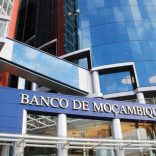
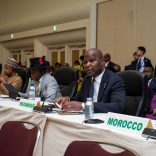
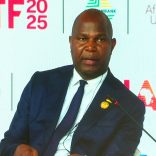
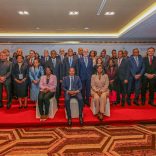





Leave a Reply
Be the First to Comment!
You must be logged in to post a comment.
You must be logged in to post a comment.